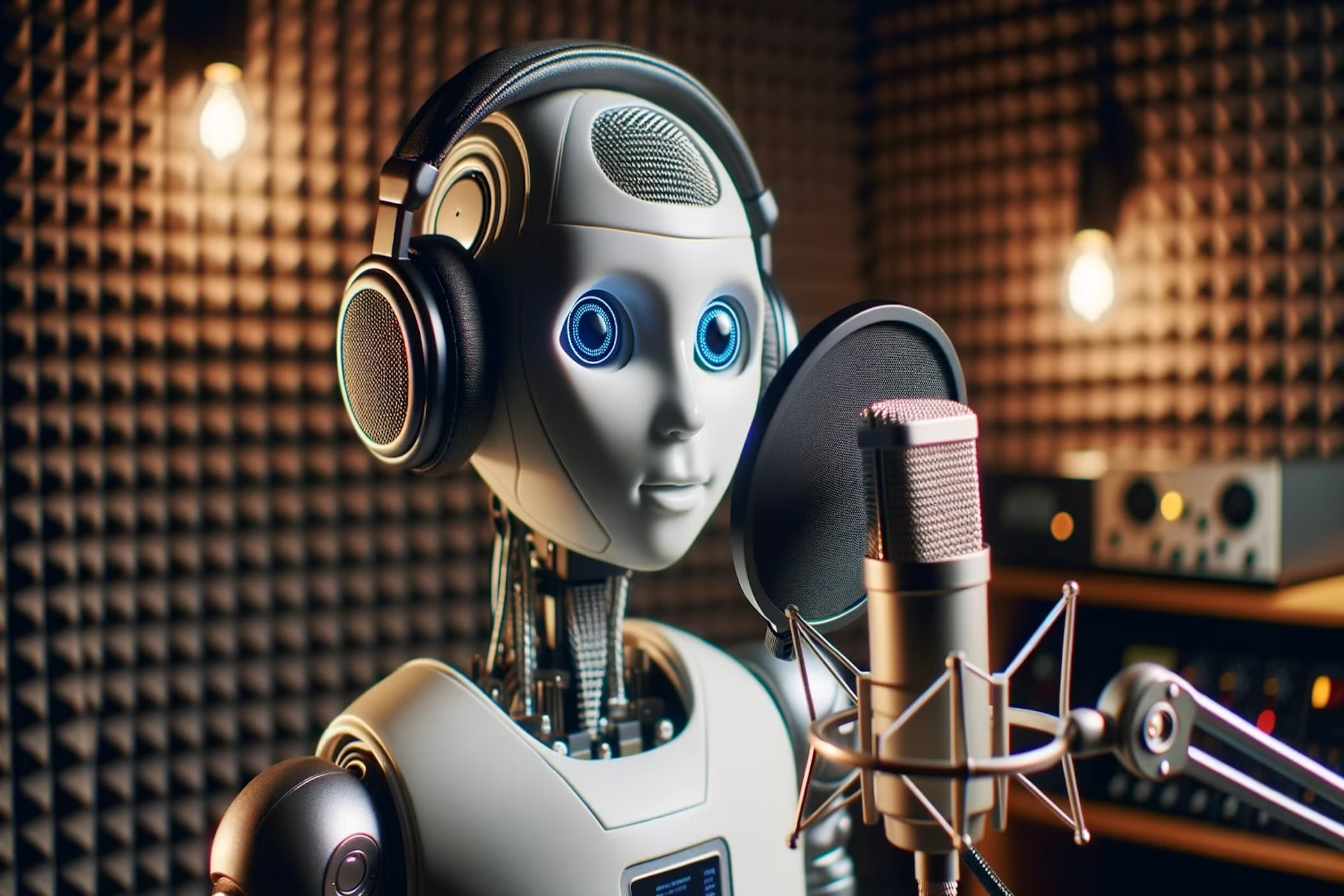
A team of researchers at the Max Planck Institute for Human Development in Berlin conducted an extensive analysis of approximately 280,000 English-language academic YouTube videos, revealing a striking shift in spoken vocabulary since the introduction of ChatGPT. Their study, which spanned presentations, lectures, and talks from over 20,000 academic channels, found that the usage of specific English words—such as meticulous, delve, realm, and adept—has surged by as much as 51 percent. These words, which tend to be favored by AI language models more than human speakers traditionally have been, signal a growing influence of AI-generated language patterns on everyday human communication, particularly in formal academic contexts.
The findings represent the first empirical evidence that humans may be unconsciously mirroring the language styles of large language models (LLMs) like ChatGPT in their spoken discourse. According to the researchers, this emerging linguistic mimicry has important implications beyond just vocabulary changes. It raises significant societal and policy concerns, especially regarding the possibility that AI could unintentionally contribute to a reduction in linguistic diversity or even be exploited for widespread manipulation and misinformation. The study underscores the urgent need for further research to better understand the reciprocal relationship between AI-generated language and human culture, highlighting a new feedback loop where machines and humans continuously shape one another’s communication patterns. Notably, lead researcher Hiromu Yakura pointed out that speakers themselves are often unaware that their choice of words is increasingly reflecting the stylistic tendencies of AI, describing this phenomenon as “virtual vocabulary being internalized into daily communication.”




